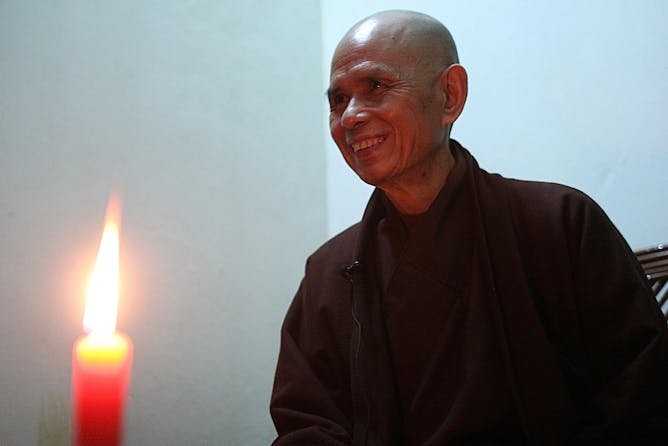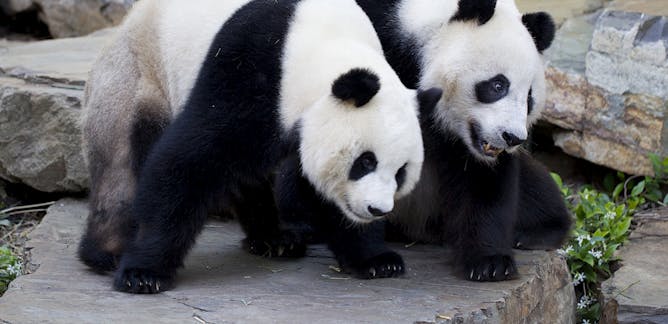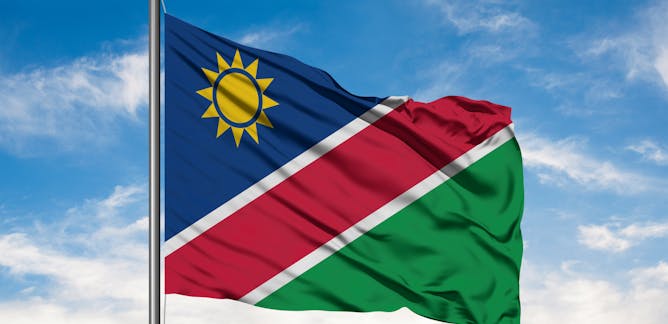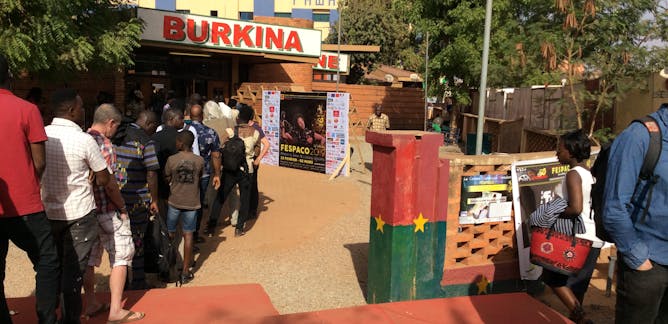|
|
|
Editor's note
|
|
Devotees from across the world are making their way to a temple outside Hue in Vietnam to visit Thich Nhat Hanh, the Buddhist monk who popularized mindfulness in the West. The 92-year-old, who lost his capacity to speak following a stroke, has retired to the temple in preparation for the end of his life. Scholar Brooke Schedneck, who has studied contemporary Buddhist meditation practices, explains what made Thich Nhat Hanh’s teachings of mindfulness so popular.
Botswana has joined a number of African countries in debating the legality of same-sex relationships. The country’s high court is likely to hand down a verdict in June, which will either maintain the provisions of the law that criminalise homosexuality, or rule that same-sex relationships are constitutional. Andrew Novak looks back at the history of the country’s discriminatory laws which were inherited from colonial British statutes.
The age of social media has resulted in misinformation and disinformation spreading like wildfire. Managing the problem is fraught with difficulties. But there are answers, argues Tawana Kupe. One of them is to make sure that there’s sufficient evidence-based journalism being produced that pursues the truth.
|
Kalpana Jain
Senior Religion + Ethics Editor
|

|
|
Top Stories
|

Vietnamese monk Thich Nhat Hanh.
AP Photo/Richard Vogel
Brooke Schedneck, Rhodes College
Devotees from many parts of the world are visiting the ailing 92-year-old monk, who has retired to a Buddhist temple. He taught how the practice of mindfulness could be combined with daily actions.
|

The High Court in Botswana is deliberating on a motion to legalise same-sex relationships.
Shutterstock
Andrew Novak, George Mason University
Botswana's High Court could finally decriminilise same-sex relations.
|

If it’s fake, it’s not news.
Shutterstock
Tawana Kupe, University of Pretoria
Science is not the absolute truth. Scientific findings are the beginning, not the end, of the quest for truth.
|
Business + Economics
|

Jillian Ryan, CSIRO; Carla Litchfield, University of South Australia
When it comes to giant pandas, politics, economics and international diplomacy often eclipse conservation considerations.
| |

Christopher Foster, University of Manchester; Shamel Azmeh, University of Manchester
Despite the growing role of data and technology in the world economy, there are very few rules to govern digital trade.
|
|
|
Politics + Society
|

Henning Melber, University of Pretoria
Swapo remains the dominant party by far in Namibia. But it seems increasingly unable to live up to its promises.
| |

Sarah Miller Davenport, University of Sheffield
Hawaii's fight for statehood was long and waged primarily against racist US lawmakers who feared admitting a majority Asian territory. But 60 years ago, President Eisenhower signed the statehood bill.
|
|
|
Arts + Culture
|

Katharine Capshaw, University of Connecticut; Cora Lynn Deibler, University of Connecticut
The book took eight years from conception to publication. In the earliest dummy, the monsters that millions have grown to love actually started out as horses.
| |

Pier Paolo Frassinelli, University of Johannesburg
Fespaco, Africa's premier film festival, celebrated its 50th anniversary in Burkina Faso. For African cinema to survive, it must adapt to today's audiences and forms of distraction.
|
|
|
En français
|

Guillaume Origoni, Université Paris Nanterre – Université Paris Lumières; Stéphane François, École pratique des hautes études (EPHE)
La violence militante n’est pas une nouveauté: mais de quoi parle t-on exactement quand on mentionne l'ultra-droite ou l'ultra-gauche? Qui se cache derrière et quelles sont leurs méthodes?
| |

Gilles Pison, Muséum national d’histoire naturelle (MNHN) – Sorbonne Universités
Dans quels pays les immigrés sont-ils les plus nombreux ? De quels pays sont-ils issus ? De façon plus générale, comment les immigrés se répartissent-ils à l’échelle de la planète ?
|
|
|
| |
| |
| |
| |
| |
| |
|
|
|
|
|
|
|